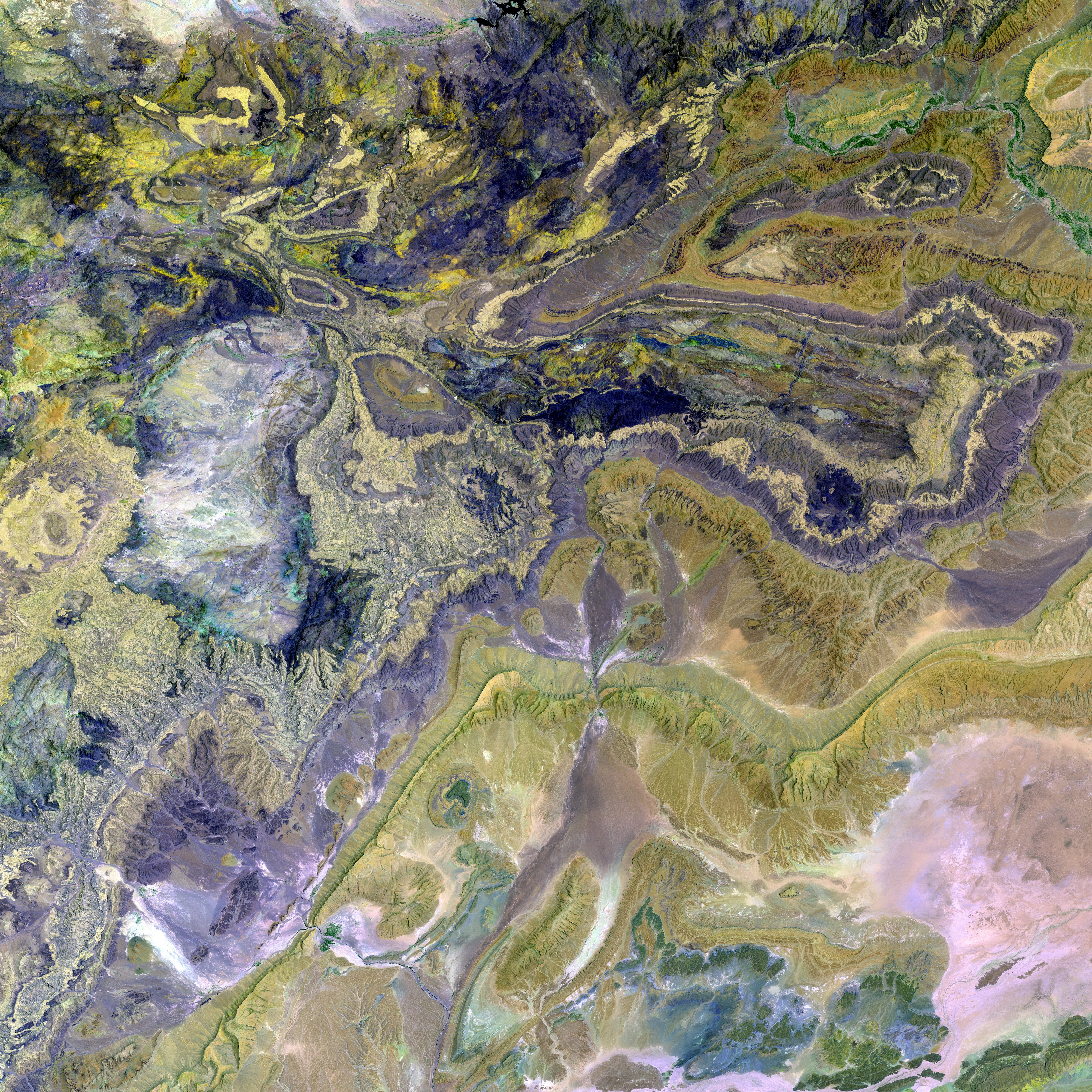protests surge among Indonesians, showing stronger solidarity with Gaza compared to Xinjiang
Full-Throttle Perspective: The Gap in Solidarity
The world watches as Indonesians pour out their hearts for Palestinians amidst the chaos in Gaza. Protests, donation drives, and viral social media campaigns echo the country's deep empathy. But something unexpected is missing—the same level of national outrage for the Uyghur Muslims in China's Xinjiang region, despite years of documented repression. This discrepancy is not about selective empathy but boils down to three grim factors: visibility, nature of oppression, and how each crisis fits within Indonesia's political and historical imagination.
Gaze of the World: Clear and Present Danger
Gaza is front and center, making it impossible to ignore. Daily headlines, media updates, and heart-wrenching social media posts flood the internet. The raw reality of Israel's attacks grips the world, firing up emotions. The visual storytelling approach favored by Indonesians, where emotions drive public engagement, finds fertile ground as the crisis in Gaza unfolds.
Xinjiang, on the other hand, remains hidden. China imposes tight restrictions on journalists, deterring them from reporting from the region. Social media remains silent as Uyghur voices are suffocated by fear and censorship. The deliberate veil of secrecy makes the Uyghur crisis feel distant, a mere whisper in the wind compared to the stormy cries of aid for Palestinians.
The Slow Burn: Quiet, Calculated, and Chilling
The violence in Gaza is raw, explosive, and palpable. Tank assaults, missile launches, and airstrikes demolish homes, schools, and hospitals, extinguishing countless lives in a heartbeat. The devastation is not just tragic—it's appalling. This kind of visceral destruction strikes an emotional chord, inspired by the immediate, chaotic violence, and creates a sense of urgency.
In Xinjiang, the oppression is slower, systematic, and hidden. The surveillance, intimidation, and institutional control erode Uyghur culture, piece by piece. The repression is quiet, calculated, and cunning. The trauma, internal and personal, is difficult to comprehend, making it challenging for the world, including Indonesia, to fully grasp its severity.
** Historical Echoes: Resonance and Revolt**
Palestine seems to have struck a cord within Indonesia. The struggle of the Palestinians mirrors Indonesia's anti-colonial past, fueling a sense of solidarity among Indonesians. For them, the conflict in Gaza isn't just about Palestine—it's about a larger battle against oppression they have fought before.
In contrast, the situation in Xinjiang fails to resonate with the same intensity. The crisis isn't framed as one of foreign domination but as a complex domestic issue. The lack of a compelling narrative that taps into Indonesia's historical and ideological wellsprings leaves the Indonesian public struggling to understand and empathize.
None of this paints the Indonesian public in a poor light. Instead, it's a call to action. Journalists, researchers, and advocates should shed light on the Uyghur crisis through stories, testimonies, and visuals that can cut through the veil of China's secrecy. Bridging the gap between the visible and the invisible will allow the Indonesian public to fully embrace the cause, transcending political and economic considerations to stand united with the Uyghur Muslims.
Enrichment Insights
- Gaza is more compelling in Indonesia due to its historical and ideological connections to Indonesian norms of solidarity against foreign domination.
- Economics and geopolitics influence Indonesia's stance on sensitive issues like Xinjiang, deterring it from vocalizing its support for the Uyghurs.
- Gaza's visibility in media and social media channels fuels a sense of urgency and emotional connection, facilitating public engagement and activism.
- In Xinjiang, the oppression is more subtle and systematic, taking the form of surveillance, intimidation, and institutional control, making it difficult to comprehend and emotionally engage.
- Activists are calling for live updates and breaking news on the Uyghur crisis in Xinjiang, highlighting the need for mechanisms to bypass China's media restrictions.
- The humanitarian crisis in Gaza has been a centerpiece of general-news headlines, while the average person finds it challenging to locate articles or updates on the Uyghur situation.
- The international community, including the United Nations, has repeatedly reported on the conflict in Gaza, while the crime-and-justice implications of the Uyghur crisis are seldom discussed.
- Protests in support of Palestine are a common sight in Indonesia, but similar demonstrations for the Uyghurs remain conspicuous by their absence.
- The ongoing war in Gaza has resulted in numerous casualties and displacement, leading to global empathy for the Palestinians, while the consequences of the Uyghur crisis are often reduced to mere statistics.
- The unrelenting flood of articles, news stories, and social media posts on Gaza have kept the conflict at the forefront of public consciousness, while the Uyghur crisis often fades into the background.
- The reporting on the Israeli-Palestinian conflict often focuses on the human dimension, evoking emotions in readers, whereas the Uyghur situation is presented more as a political issue, reducing its emotional impact.
- The political landscape plays a significant role in shaping public sentiment in Indonesia, making it more receptive to certain humanitarian causes, such as Gaza, over others, like Xinjiang.
- Indonesia's stance on sensitive issues like Xinjiang is influenced by economic and geopolitical factors, which may prevent vocal support for the Uyghurs to avoid potential repercussions.
- The Middle East conflict, with its long history and ongoing nature, has become a familiar narrative for many, whereas the Uyghur crisis still lacks a cohesive narrative that resonates with the public.
- The wellsprings of Indonesian ideology and history have been tapped into by the Palestinian cause, fostering a powerful sense of solidarity, whereas the Uyghur situation has yet to find similar resonance.
- Indonesia's donation drives and activism in support of Palestine demonstrate its capacity for empathy and action, raising questions about why a similar response has not been evident for the Uyghurs.
- As the world watches the crisis in Gaza unfold, it is crucial to remember the Uyghur Muslims and their ongoing struggle, working to bring their story into the limelight and promoting a more balanced approach to global solidarity.
- The discrepancy between the response to the Gaza crisis and the Uyghur crisis should serve as a call for introspection, spurring journalists, researchers, and advocates to uncover the complexities of the Uyghur situation, ensuring no crisis is overlooked due to visibility, nature of oppression, or its fit within political and historical imaginations.








